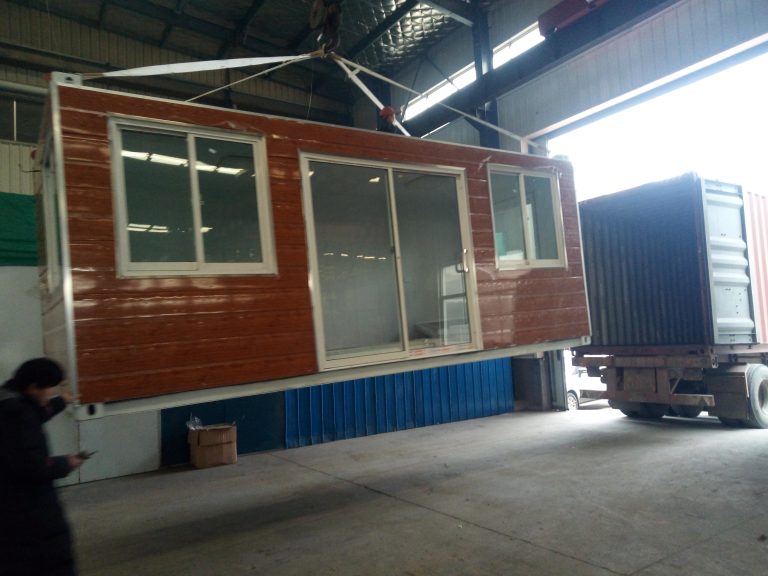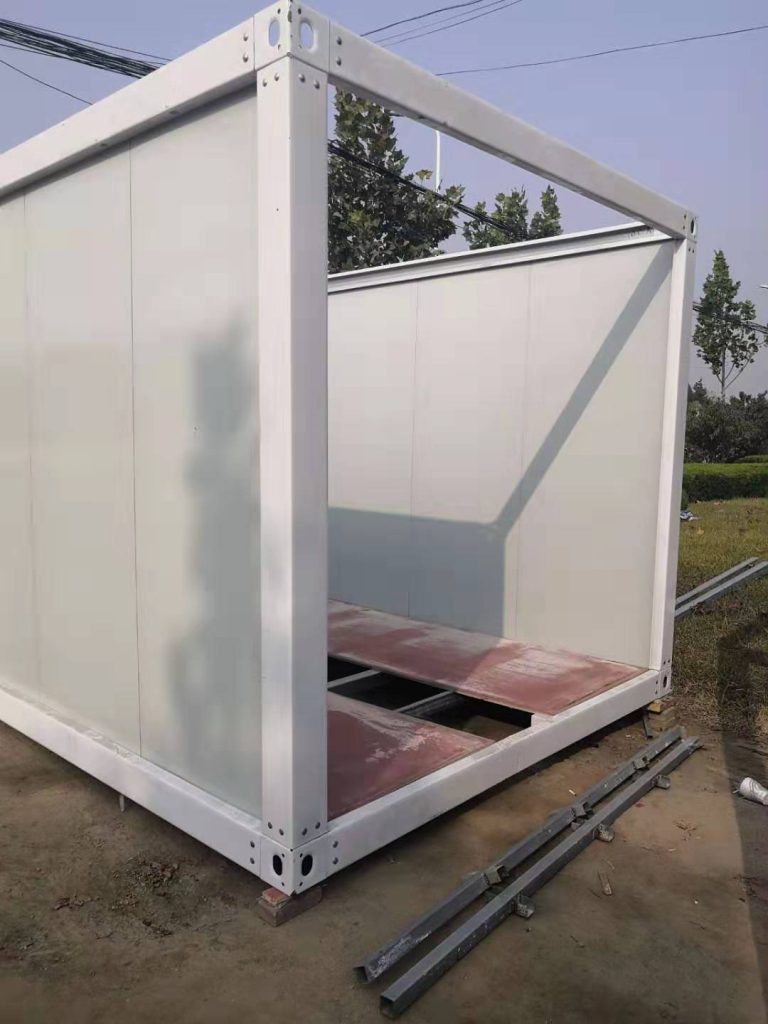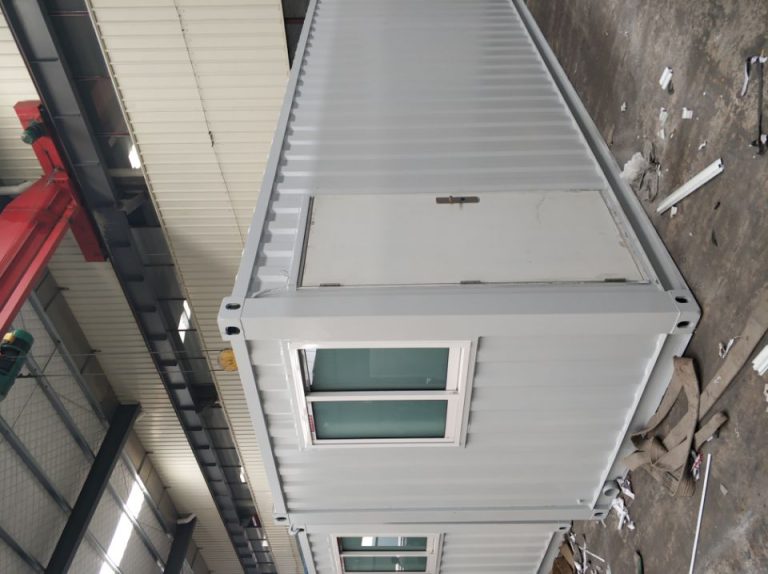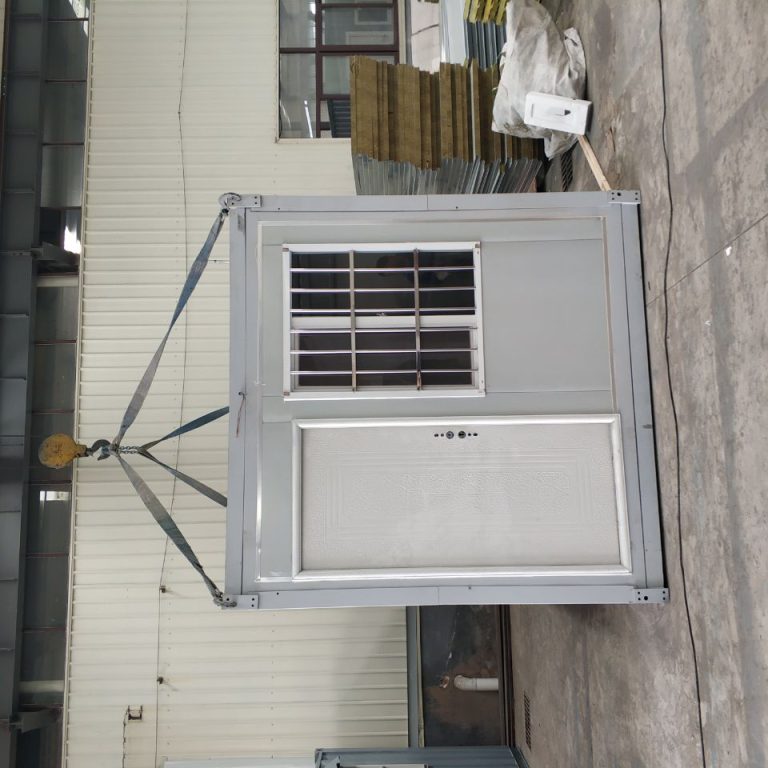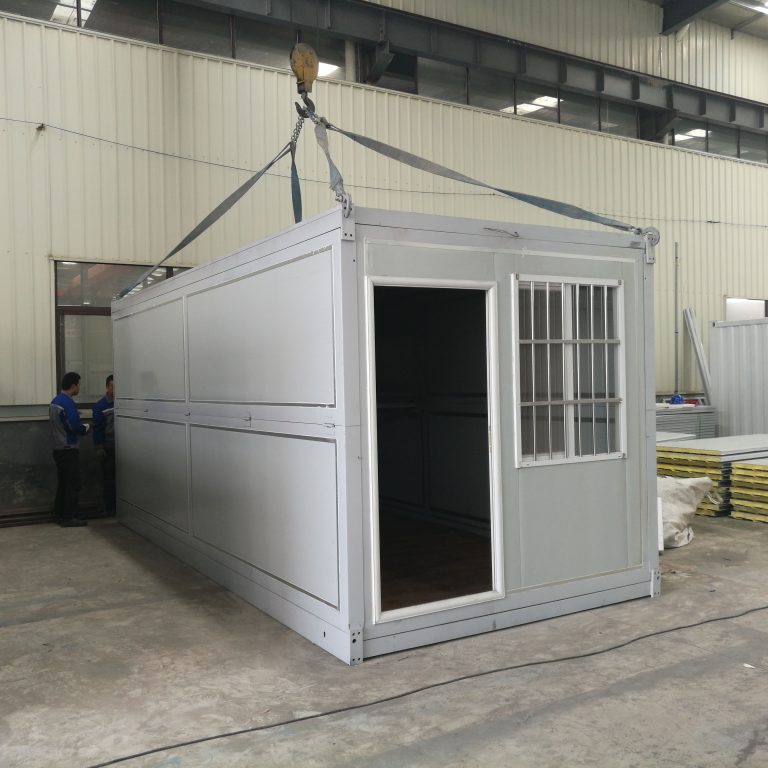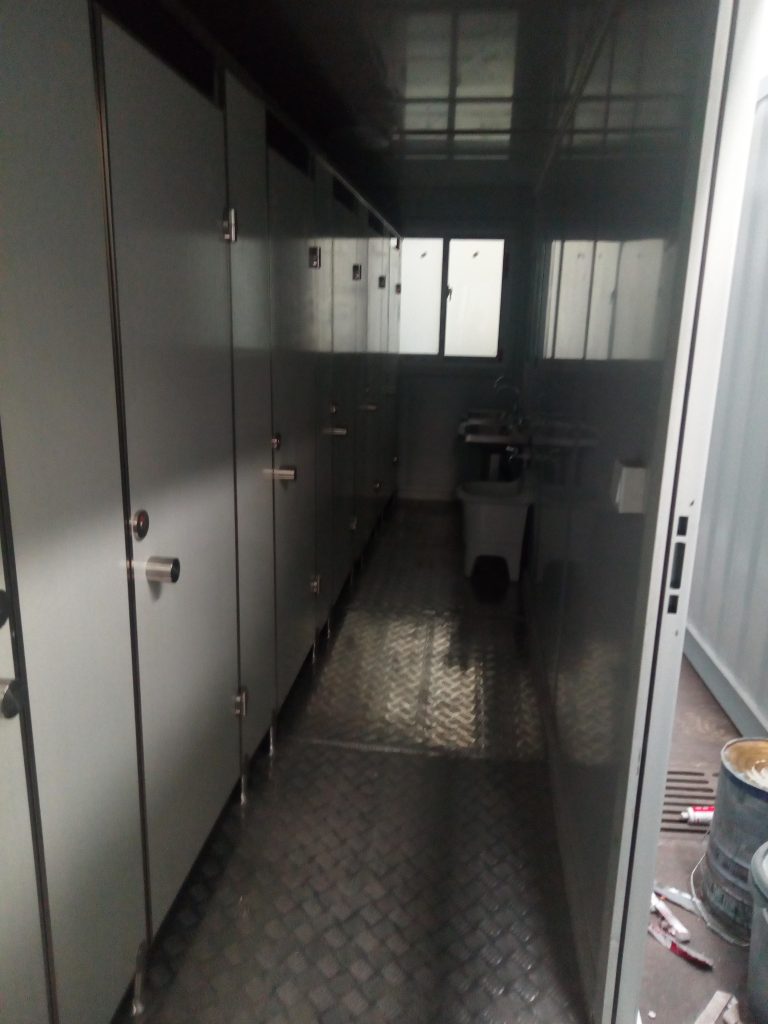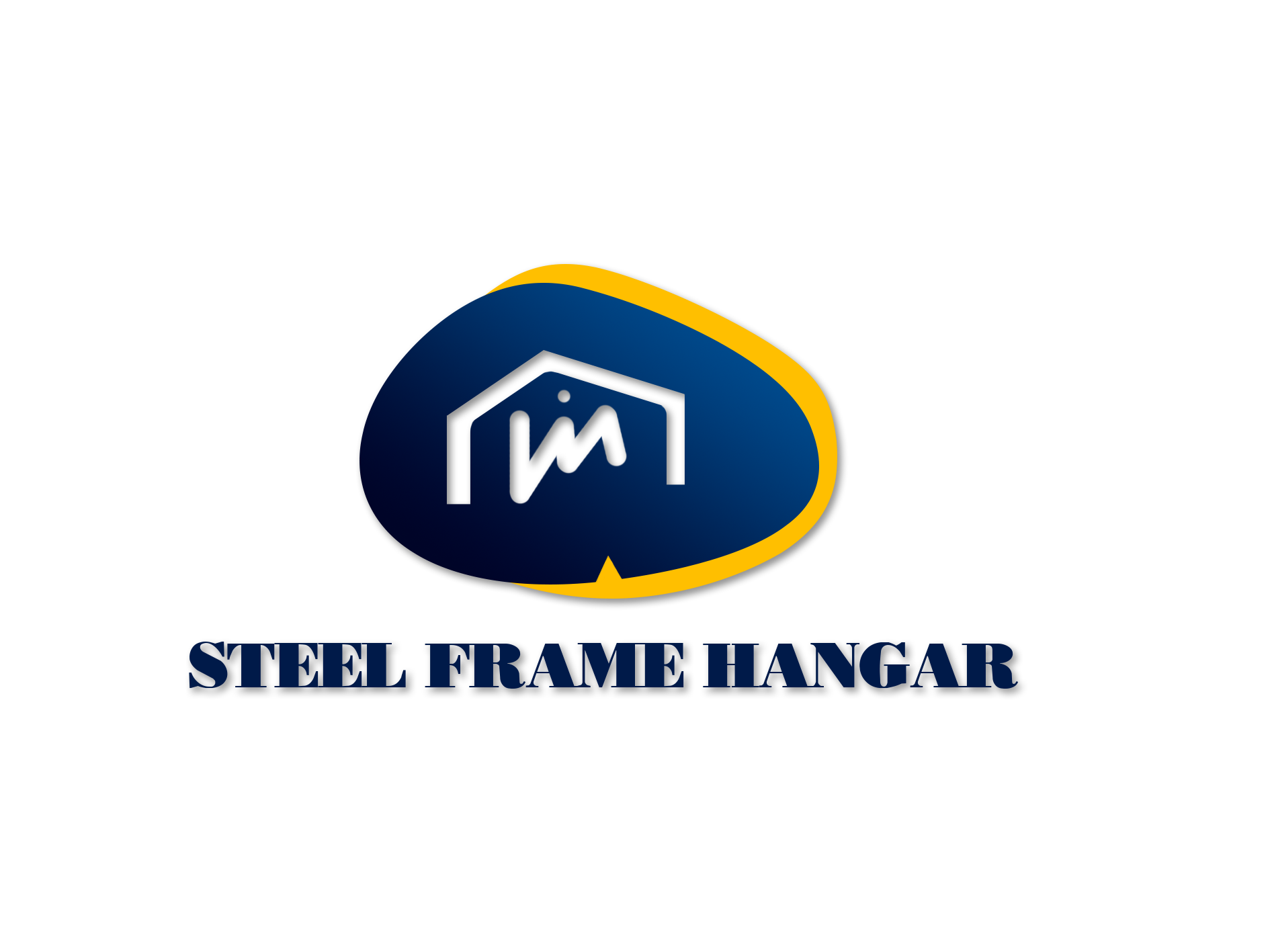The role of steel structure industry in enhancing the design innovation ability of construction industry
Inhoudsopgave
Sustainable Design Practices in Steel Structure Construction
The steel structure industry plays a crucial role in enhancing the design innovation ability of the construction industry. Steel structures have become increasingly popular in construction due to their durability, strength, and versatility. As a result, architects and engineers are able to push the boundaries of design and create innovative and sustainable structures that were once thought impossible.
One of the key advantages of steel structures is their ability to span long distances without the need for support columns. This allows for more open and flexible floor plans, giving designers the freedom to create unique and visually striking buildings. Additionally, steel structures can be prefabricated off-site, reducing construction time and waste while also improving quality control.
The use of steel in construction also allows for greater design flexibility. Steel can be easily shaped and molded into complex forms, giving architects the ability to create buildings that are both aesthetically pleasing and structurally sound. This flexibility has led to the development of iconic structures such as the Burj Khalifa in Dubai and the Sydney Opera House in Australia.
Furthermore, steel structures are highly sustainable. Steel is one of the most recycled materials in the world, with a recycling rate of over 90%. This means that steel structures have a much lower environmental impact compared to traditional building materials such as concrete and wood. Additionally, steel structures are energy-efficient, as they can be easily insulated to reduce heating and cooling costs.
The use of steel in construction has also led to advancements in building technology. For example, the development of high-strength steel alloys has allowed for the construction of taller and more slender buildings. This has opened up new possibilities for architects and engineers to create innovative and sustainable structures that were once thought impossible.
In conclusion, the steel structure industry plays a vital role in enhancing the design innovation ability of the construction industry. Steel structures offer numerous advantages, including durability, strength, and sustainability. These advantages have allowed architects and engineers to push the boundaries of design and create innovative and sustainable structures that were once thought impossible. As the demand for sustainable and innovative buildings continues to grow, the steel structure industry will play an increasingly important role in shaping the future of construction.
Advancements in Steel Structure Technology for Innovative Building Designs
The construction industry has seen significant advancements in recent years, particularly in the realm of steel structure technology. Steel structures have become increasingly popular due to their durability, strength, and versatility in design. As a result, the steel structure industry has played a crucial role in enhancing the design innovation ability of the construction industry as a whole.
One of the key ways in which the steel structure industry has contributed to design innovation is through the development of new construction techniques. Steel structures allow for greater flexibility in design, enabling architects and engineers to create buildings with unique shapes and features that were previously not possible with traditional building materials. This has led to a wave of innovative and visually striking buildings that have captured the attention of the public and the industry alike.
In addition to enabling new design possibilities, steel structures also offer a number of practical benefits that have further enhanced the design innovation ability of the construction industry. Steel is a highly durable material that can withstand extreme weather conditions and natural disasters, making it an ideal choice for buildings in areas prone to earthquakes, hurricanes, or other environmental challenges. This durability allows for the construction of buildings with longer lifespans, reducing the need for costly maintenance and repairs over time.
Furthermore, steel structures are also highly sustainable and environmentally friendly. Steel is a recyclable material that can be reused multiple times without losing its strength or quality. This makes steel structures a more sustainable option compared to traditional building materials, which often end up in landfills after a building is demolished. By choosing steel structures, architects and developers can reduce their environmental impact and contribute to a more sustainable future for the construction industry.
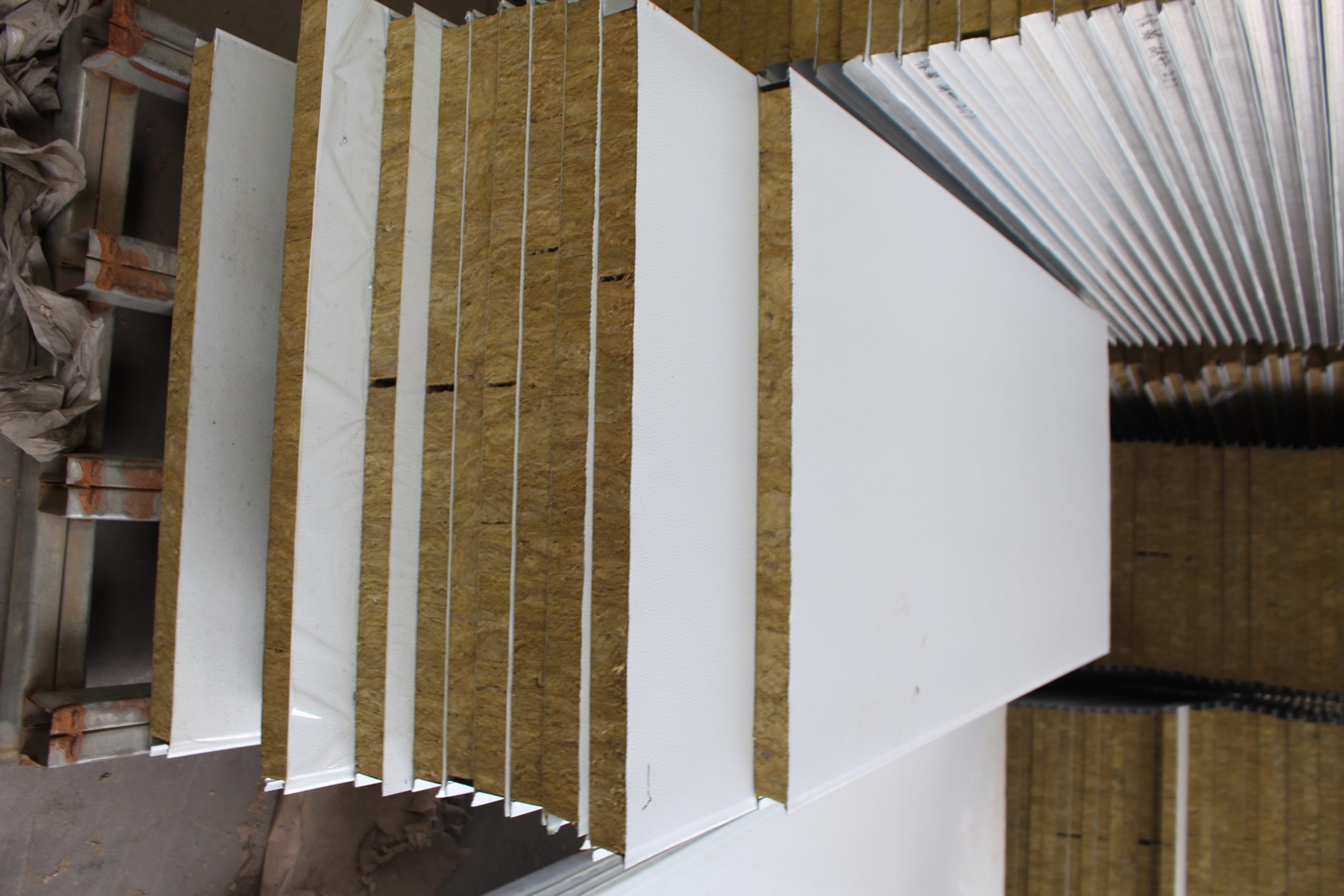
The use of steel structures has also revolutionized the construction process itself, leading to faster and more efficient building projects. Steel structures are prefabricated off-site and then assembled on-site, reducing construction time and labor costs. This streamlined construction process allows for quicker project completion and faster occupancy of buildings, benefiting both developers and end-users.
Moreover, the versatility of steel structures extends beyond just the design of buildings. Steel can be used in a wide range of construction applications, from bridges and tunnels to stadiums and skyscrapers. This versatility allows for greater creativity and innovation in the design of various types of structures, leading to a more diverse and dynamic built environment.
Overall, the steel structure industry has played a crucial role in enhancing the design innovation ability of the construction industry. By enabling new design possibilities, offering practical benefits, promoting sustainability, and streamlining the construction process, steel structures have revolutionized the way buildings are designed and constructed. As the industry continues to evolve and innovate, we can expect to see even more groundbreaking and visually stunning buildings that push the boundaries of what is possible in construction design.

